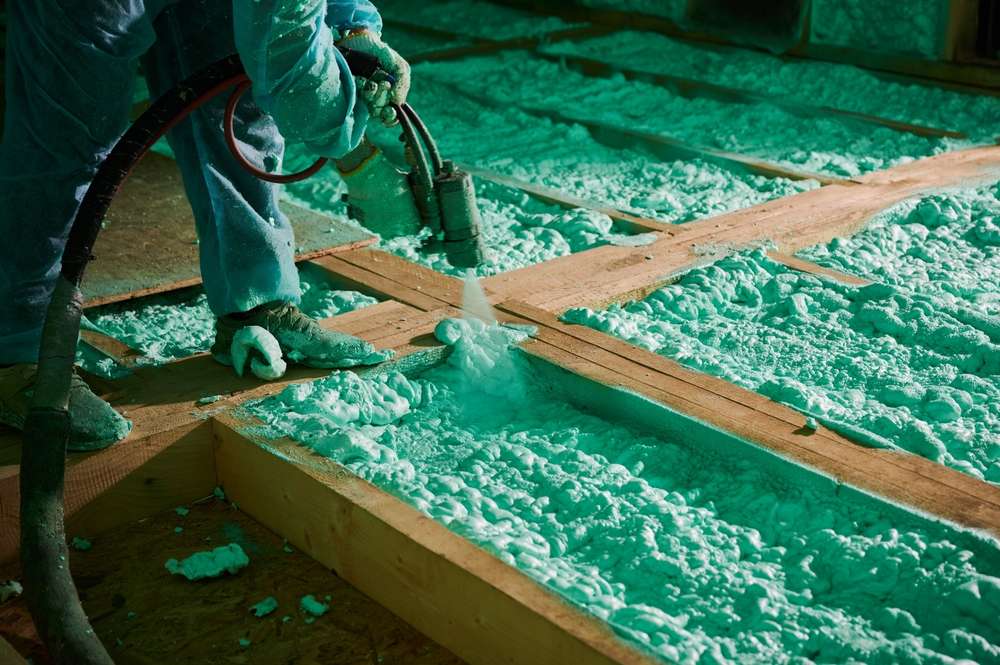Construction Management Training: A Comprehensive Guide to Programs, Skills, and Certification
Construction management training equips professionals with the knowledge and skills needed to oversee building projects from conception to completion. This specialized education combines technical expertise, business acumen, and leadership capabilities, preparing individuals for roles in one of the most dynamic sectors of the economy. Understanding the various training options and requirements is essential for those pursuing a career in construction management.

What Types of Construction Management Training Programs Are Available?
Construction management training encompasses several educational pathways. Associate degree programs typically take two years to complete and provide foundational knowledge. Bachelor’s degree programs offer comprehensive four-year curricula covering advanced concepts and practical applications. Certificate programs, ranging from six months to one year, cater to working professionals seeking specific skills or credential updates. Online and hybrid learning options have expanded accessibility, allowing students to balance education with work commitments.
Which Skills Are Developed Through Construction Management Courses?
Construction management courses develop both technical and soft skills crucial for industry success. Core competencies include project scheduling, cost estimation, building codes and regulations, and construction technology. Management courses cover team leadership, contract administration, risk management, and stakeholder communication. Students also gain proficiency in industry-specific software, sustainability practices, and safety protocols.
What Career Opportunities Follow Construction Management Training?
Graduates of construction management programs can pursue diverse career paths. Common roles include project manager, construction superintendent, cost estimator, and safety coordinator. As experience grows, opportunities expand to senior positions such as operations director or construction executive. The field offers specialization options in residential, commercial, industrial, or infrastructure projects, each with distinct career trajectories and advancement potential.
What Are the Certification Requirements for Construction Managers?
Professional certification validates expertise and enhances career prospects. The Certified Construction Manager (CCM) credential, awarded by the Construction Management Association of America, requires a combination of education, experience, and passing a comprehensive exam. Additional certifications include the Project Management Professional (PMP) and LEED credentials for sustainable construction. Most certifications mandate continuing education for renewal.
How to Choose the Right Construction Management Program?
Selecting an appropriate training program involves evaluating several factors. Program accreditation by organizations like ABET or ACCE ensures educational quality. Consider the curriculum’s alignment with career goals, faculty expertise, and industry connections. Program flexibility, hands-on learning opportunities, and internship placement services also influence program value.
Current Construction Management Training Programs and Costs
| Program Type | Duration | Typical Cost Range | Key Features |
|---|---|---|---|
| Certificate | 6-12 months | $5,000-$15,000 | Focused skill development, flexible scheduling |
| Associate Degree | 2 years | $20,000-$40,000 | Foundation courses, practical training |
| Bachelor’s Degree | 4 years | $40,000-$120,000 | Comprehensive education, internship opportunities |
| Master’s Degree | 2 years | $30,000-$70,000 | Advanced specialization, research focus |
Prices, rates, or cost estimates mentioned in this article are based on the latest available information but may change over time. Independent research is advised before making financial decisions.
Construction management training provides a structured path to professional success in the construction industry. Whether through formal degree programs or specialized certifications, these educational opportunities develop the multifaceted skills required to manage complex construction projects effectively. The investment in training correlates directly with expanded career opportunities and advancement potential in this growing field.




